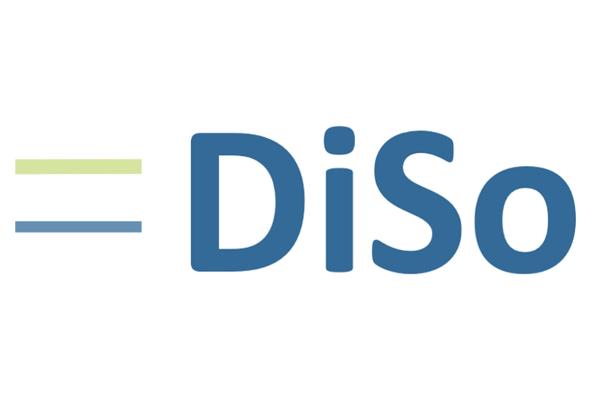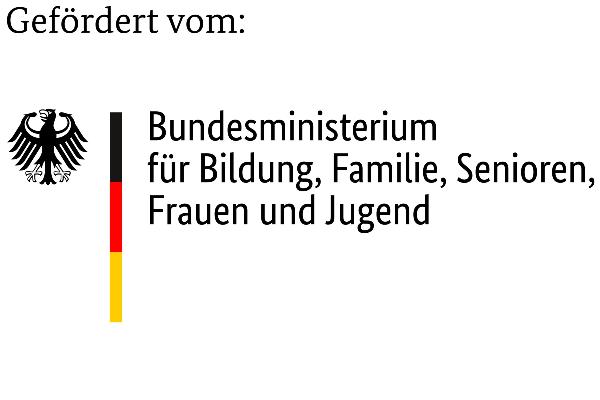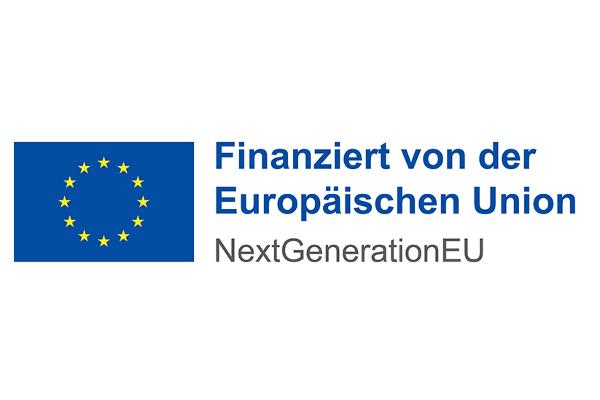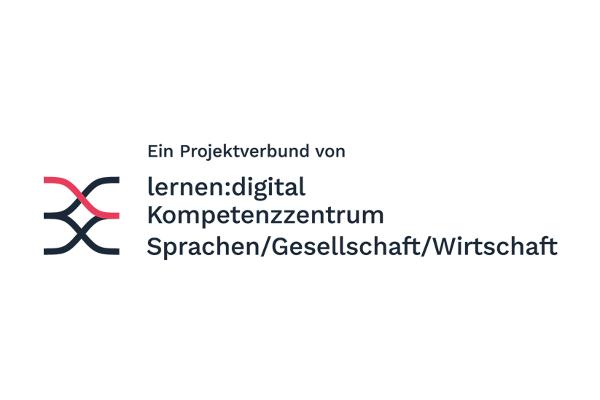Information
- Project Title
- Digital Sovereignty as a Goal of Innovative Teacher Education for Languages, Social Sciences, and Economics in the Digital World (DiSo-SGW)
- Funding
- European Union – NextGenerationEU &
Federal Ministry for Education, Family Affairs, Senior Citizens, Women and Youth - Duration
- June 2023 - December 2025
Information
Chair of Education and Educational Psychology
Team Leaders
Prof. Dr. Frank Fischer
Dr. Florian-Schultz-Pernice
Team Member
Dr. Johanna Vejvoda
Dr. Nadine Hammele
Chair of Didactics of German Language and German as a Foreign Language (DaZ)
Team Leader
Prof. Dr. Anja Ballis
Team Members
Dr. Michael Veeh
Ernst Hüttl
The Chair of Empirical Education and Educational Psychology, together with the Chair of Didactics of German Language and Literature and German as a Second Language (DaZ), is part of the project Digital Sovereignty as a Goal of Innovative Teacher Education in Languages, Social Sciences, and Economics in the Digital World (DiSo-SGW) within the competence network lernen:digital.
The lernen:digital network fosters dialogue between research and practice for the digital transformation of schools and teacher education. Four competence centers pool expertise in STEM, Languages/Social Sciences/Economics, Music/Arts/Sports, and School Development, bringing together around 200 cross-state research and development projects. These projects produce evidence-based training and professional development programs, teaching materials, and concepts for school and instructional development in a culture of digitality. A transfer office disseminates the results to teachers, promotes co-constructive further development in collaboration with practitioners, and supports nationwide transfer into teacher education.
The project Digital Sovereignty as a Goal of Innovative Teacher Education in Languages, Social Sciences, and Economics in the Digital World (DiSo-SGW) is part of the lernen:digital competence center for Languages/Social Sciences/Economics. Within this competence center, evidence-based professional development programs are designed, tested, and implemented for digital and digitally supported teaching in languages as well as in the social sciences and economics. The individual subprojects address socially relevant and current topics such as “Artificial Intelligence” or “Digital Sovereignty” and investigate how these can be integrated into subject-specific teaching and teacher education. The development and evaluation of the training concepts and modules takes place across federal states and in close cooperation with state institutes and professional development providers.
The DiSo-SGW project consortium involves 13 universities and research institutes working together on the evidence-based development, evaluation, and implementation of professional development modules. Guided by the principle of fostering both general and subject-specific digital sovereignty, these modules aim to support teachers in building and strengthening digital skills, dispositions, and attitudes.
At Ludwig-Maximilians-Universität München, two subprojects develop prototype professional development modules for fostering teachers’ digital sovereignty.
- The subproject of the Chair of Didactics of German Language and Literature focuses on enabling teachers to work with their students to uncover manipulation strategies in digital antisemitic disinformation. In cooperation with the universities of Bamberg and Erlangen-Nürnberg, a professional development module is being developed for nationwide dissemination. This professional development in antisemitism-critical education in German classes is based on group discussions among teachers. Individual modules cover conceptual clarifications, lessons with the Diary of Anne Frank, a VR environment addressing toxic language, and work with LediZ media. These modules are connected through role-play activities, in which teachers can practice addressing sensitive topics.
- The subproject Digital Simulations of the Chair of Empirical Education and Educational Psychology provides a technological-conceptual support system for the subject-specific subprojects within the consortium. Building on the Digivate simulation developed in the LMU’s QLB project (KMBD), a prototype of a simulation-based learning environment is designed, developed, and optimized for learning effectiveness. This learning environment aims to enable teachers, through suitable tasks and successful interaction, to help students develop digital text sovereignty. The prototype will be made available to all consortium partners and can be expanded with additional subject-specific content.
- DigiLLab at LMU Munich
- University of Bremen
- Chemnitz University of Technology
- Friedrich-Alexander University Erlangen-Nürnberg (FAU)
- University of Göttingen
- University of Hamburg
- University of Münster (WWU Münster)
- University of Regensburg
- University of Tübingen
- University of Würzburg
- Leibniz Institute for Educational Trajectories (LIfBi)
- University of Cologne
- University of Bamberg
Websites
(German language)
- DiSo-SGW
- Didaktik der Deutschen Sprache und Literatur sowie Deutsch als Zweitsprache (DaZ)
- Simulationsbasierte Lernumgebungen zur Förderung medienbezogener Kernkompetenzen von Lehrkräften
- Portal Digitale Souveränität: Angebote für innovative Lehrkräftebildung in den sprachlichen, gesellschaftlichen, wirtschaftlichen und ästhetischen Fächern




